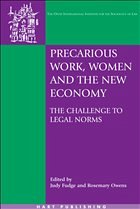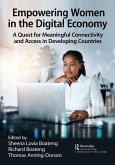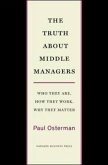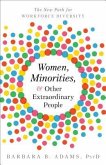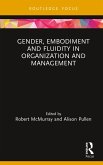Along with globalization, the shift from manufacturing to services as a source of employment, and the spread of information-based systems and technologies have given birth to a new economy which emphasizes flexibility in the labor market and in employment relations. These changes have led to the erosion of the standard (industrial) employment relationship and an increase in precarious workwork which is poorly paid and insecure. Women perform a disproportionate amount of precarious work. This collection of original essays by leading scholars on labor law and women's work explores the relationship between precarious work and gender, and evaluates the extent to which the growth and spread of precarious work challenges traditional norms of labor law and conventional forms of legal regulation. The book provides a comparative perspective by furnishing case studies from Australia, Canada, the Netherlands, Quebec, Sweden, the UK, and the US, as well as the international and supranational cont
Hinweis: Dieser Artikel kann nur an eine deutsche Lieferadresse ausgeliefert werden.
Hinweis: Dieser Artikel kann nur an eine deutsche Lieferadresse ausgeliefert werden.

